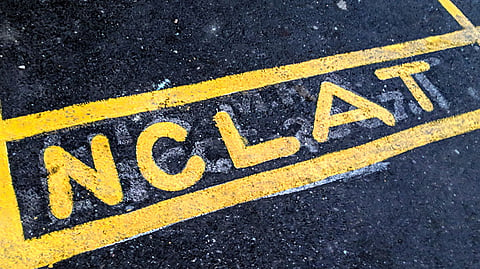
- Latest Legal News
- News
- Dealstreet
- Viewpoint
- Columns
- Interviews
- Law School
- Legal Jobs
- हिंदी
- ಕನ್ನಡ

The National Company Law Appellate Tribunal (NCLAT) recently set aside an order of the National Company Law Tribunal (NCLT) Allahabad Bench on the ground that e-voting on a Resolution Plan by the financial creditors and the Committee of Creditors (CoC) took place simultaneously [Harjeet Kaur v. Mr. Swami Deen Gupta, Resolution Professional, Piyush Shelters India Private Limited & Ors].